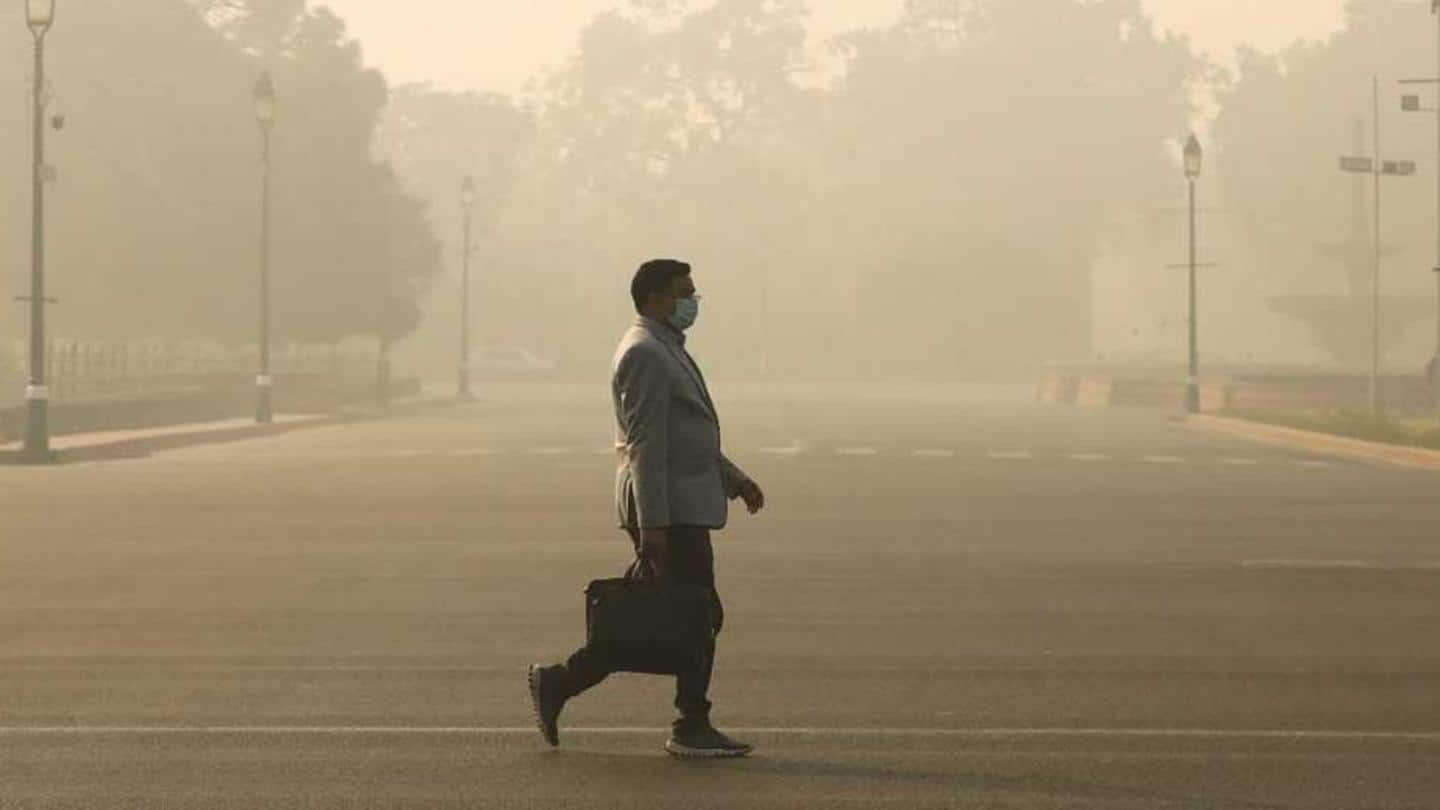
Air pollution results in drastic reduction in life expectancy: Study
What's the story
India's air pollution levels have expanded geographically over time and increased so much in Maharashtra and Madhya Pradesh that an average person is now losing an additional 2.5 to 2.9 years of life expectancy, according to a new report. "India is the most polluted country in the world," stated the University of Chicago's Air Quality Life Index (AQLI) report.
Pollution
Pollution levels in the north exceed normal levels regularly: Report
"In India, over 480 million people or about 40 percent of its population lives in the Indo-Gangetic plains in the north where pollution levels regularly exceed those found anywhere else in the world by an order of magnitude," the report said. The study by the varsity's Energy Policy Institute ascertains how much longer a person can live if they breathe clean air.
Life expectancy
In 2019, India's average particulate matter concentration was 70.3 g/m3
"Northern India residents will lose over nine years of life expectancy if pollution levels of that of 2019 persist as the region experiences extreme levels of air pollution," it said. "In 2019, India's average particulate matter concentration was 70.3 microgram per cubic meter ( g/m3 ), the highest in the world and seven times the World Health Organization's guideline of 10 g/m3," it said.
Information
Pollution has increased a lot in Maharashtra and Madhya Pradesh
"Alarmingly, India's high levels of air pollution have expanded geographically over time," it said. "Compared to a few decades ago, particulate pollution is no longer a feature of Indo-Gangetic plains alone. Pollution has increased so much in states of Maharashtra and Madhya Pradesh," it added.
WHO guidelines
South Asia accounts for 58% of total life years lost
"For Bangladesh, India, Nepal, and Pakistan, the AQLI data reveals that the average person would live 5.6 years longer if pollution were reduced to meet the WHO guidelines," the report said. "Due to South Asia's high population and pollution concentrations, the region accounts for 58 percent of total life years lost due to particulate pollution exceeding the WHO guideline," it said.
Clean air policy
Bangladesh, India, Nepal, and Pakistan among most polluted countries
"The benefits of clean air policy are even greater in Indo-Gangetic plains, where 480 million people regularly breathe pollution levels that exceed those found in Europe and North America by an order of magnitude," it said. "Bangladesh, India, Nepal, and Pakistan account for a quarter of the global population and consistently rank among the top five most polluted countries in the world," it said.
Information
Particulate pollution is world's greatest threat to human health: Report
"As a result, South Asia accounts for 60 percent of the person-years that are expected to be lost globally due to pollution levels exceeding the WHO guideline," the report said. The AQLI report said particulate pollution is the world's greatest threat to human health.